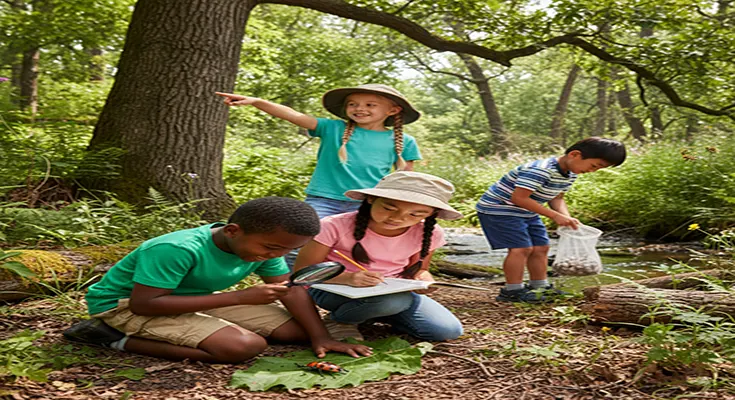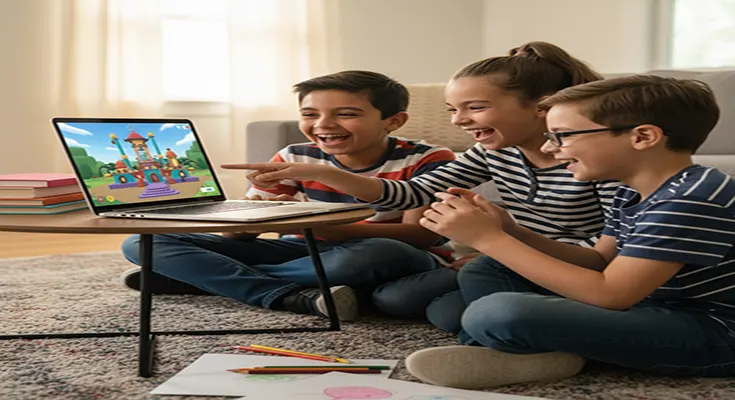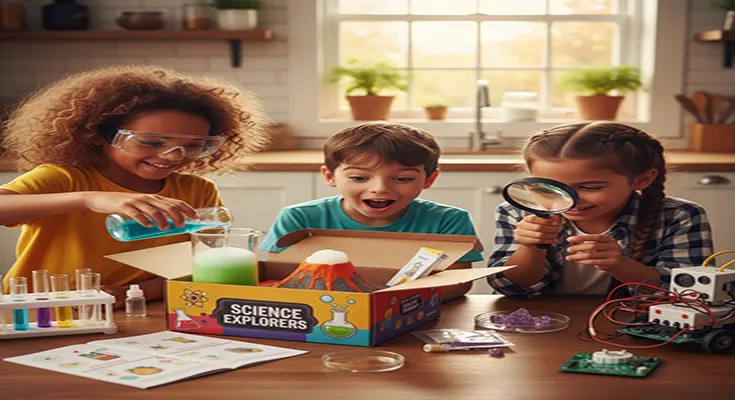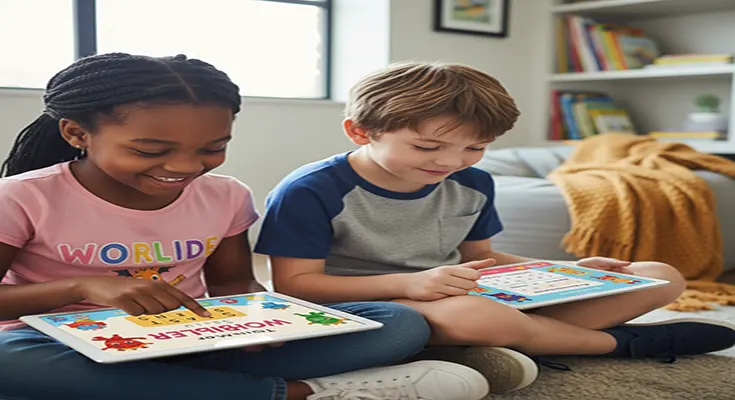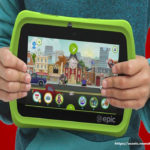Wild Classrooms: Fun Outdoor Activities for Kids to Learn About Nature and Ecology
In a world increasingly dominated by screens, the greatest classroom for children remains the great outdoors. Engaging in outdoor activities for kids is not just about fun and fresh air; it’s a powerful and practical way to ignite a lifelong passion for nature and ecology. By stepping outside, children can transform abstract concepts into tangible, exciting discoveries.
Here are several hands-on, educational outdoor activities that turn every backyard, park, or trail into a living, breathing laboratory.
1. The Nature Scavenger Hunt: Sharpening Observation Skills
A scavenger hunt is one of the simplest yet most effective ways to encourage active observation. Instead of just listing common objects, focus the hunt on ecological themes:
- Colors & Textures Hunt: Challenge kids to find items that are smooth, rough, bumpy, vibrant red, or dull green.This teaches them to distinguish between living and non-living elements and to appreciate the diversity of natural materials.
- Decomposition Detectives: Ask them to find a leaf that is freshly fallen, partially eaten by an insect, and mostly decomposed. This is a perfect introduction to the concept of life cycles and the role of decomposers in an ecosystem.
- The Biotic & Abiotic
Beyond the Screen: How Online School Games Build Essential Social-Emotional Skills
Remote learning presents a unique challenge: how do educators foster vital social-emotional skills (SEL) when students are physically distant? The answer, increasingly, lies in the strategic use of online school games. Far from being mere distractions, these interactive tools are proving to be powerful conduits for teaching empathy, communication, self-regulation, and teamwork, transforming remote education into a more connected and engaging experience.
The core competencies of Social-Emotional Learning—self-awareness, self-management, social awareness, relationship skills, and responsible decision-making—are crucial for academic success and lifelong well-being. In a virtual environment where non-verbal cues are often missing, games provide a necessary, structured space for students to practice these skills safely.
The Power of Play in a Remote Context
Online educational games, often referred to as “serious games” when focused on learning outcomes, leverage key elements of gameplay—challenge, narrative, and collaboration—to make SEL accessible and motivating:
- Fostering Self-Awareness and Self-Management: Many SEL games and apps incorporate digital check-ins and “feelings monsters” or emoji systems (like those found in Microsoft Reflect) to help students name and identify their emotions. Games focused on emotional regulation, such as Emotional ABCs or mindfulness apps like Smiling Mind or Calm, provide breathing exercises and scenarios that teach students
Ignite Curiosity: The Best Science Experiment Subscription Boxes for Kids
The digital age has brought countless distractions, but the fundamental joy of discovery remains a powerful motivator for children. A science experiment subscription box is the perfect solution, delivering a dose of hands-on, educational fun right to your doorstep. These monthly kits transform your kitchen table into a home laboratory, encouraging young minds to explore the wonders of STEM (Science, Technology, Engineering, and Mathematics).
Here is a look at some of the best subscription boxes designed to spark a lifelong love for science through fun, hands-on learning:
1. KiwiCo (The Versatile Explorer)
Best for: The broadest age range and variety of subjects.
KiwiCo stands out for its diverse “Crate” lines, offering something for almost every age group, from toddlers to teens and even adults. Their science-focused lines include:
- Kiwi Crate (Ages 5-8): Focuses on science, art, and more with simple, engaging projects.
- Tinker Crate (Ages 9-14): Delivers hands-on STEM projects that involve building and engineering.
- Eureka Crate (Ages 14-100): Focuses on engineering and design for older learners with more complex, functional projects.
Why it makes the list: KiwiCo’s projects are rigorously tested for fun and educational value. They provide high-quality materials and clear, well-illustrated instructions, making them a great choice … READ MORE ...
Escaping the Ordinary: The Best Educational Virtual Escape Rooms for Middle School Science
Virtual escape rooms have emerged as a powerful, engaging tool in the middle school science classroom, transforming review sessions and content introductions into thrilling, collaborative adventures. These digital games challenge students to apply their science knowledge to solve puzzles, decipher codes, and unlock virtual ‘locks’ to complete a mission before time runs out. They not only reinforce core concepts but also sharpen critical thinking, problem-solving, and teamwork skills.
Why Virtual Escape Rooms Work for Middle School Science
The middle school years are a period when students often crave independence and engaging, hands-on (or “minds-on”) activities. Virtual escape rooms cater to this by:
- Gamifying Learning: The time-bound nature and clear goal provide a fun, game-like structure, significantly boosting student motivation and engagement.
- Encouraging Collaboration: Most escape rooms are designed for small group work, forcing students to communicate, delegate tasks, and pool their collective knowledge to succeed.
- Providing Immediate Feedback: Digital formats, often built with tools like Google Forms, only allow students to progress when they input the correct answer, offering instant validation or a nudge to re-think their solution.
- Covering Diverse Content: They can be customized to review almost any middle school science topic, from
Level Up Literacy: The Best Interactive Educational Apps for Fun Spelling and Grammar Learning
In an increasingly digital world, children are naturally drawn to screens. Instead of viewing this as a distraction, modern parents and educators can harness the power of technology to turn learning into a thrilling adventure. Interactive educational apps have emerged as a powerhouse for boosting literacy, transforming the often-tricky subjects of spelling and grammar into engaging, game-based fun.
These apps don’t just mimic worksheets; they create dynamic, personalized learning environments that keep kids motivated and excited to master new concepts.
Why Interactive Apps Are a Literacy Game-Changer
The magic of top-tier educational apps lies in their ability to blend solid curriculum with captivating, interactive elements. This approach offers several key benefits:
- Learning Through Play: Apps turn rote memorization into playful challenges, puzzles, and quests. When a child is actively engaged in a game, they are more likely to stay focused and retain information. The joy of solving a puzzle or earning a reward reinforces the correct spelling or grammar rule.
- Personalized Pace: Unlike a classroom setting, an app can adapt to an individual child’s needs. They often use algorithms to identify a child’s strengths and weaknesses, offering more practice in the areas where they struggle and allowing them to progress

